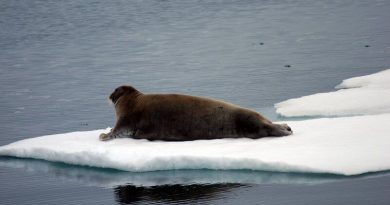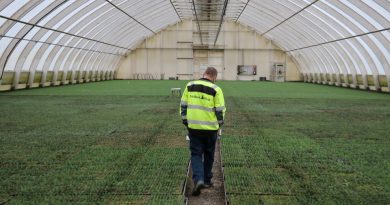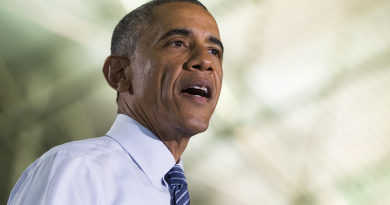U.S. Interior Secretary concludes listening tour on Indian boarding school legacy
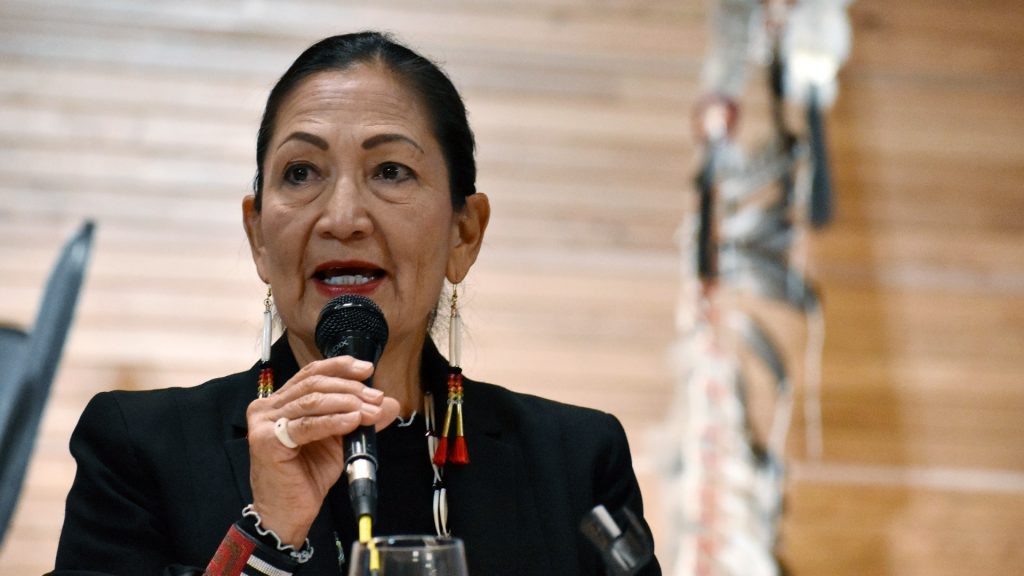
U.S. Interior Secretary Deb Haaland’s yearlong “The Road to Healing” tour, undertaken to create a permanent oral history of Indian boarding schools in the U.S. had its last stop on Sunday.
“The Road to Healing has been an incredible opportunity to share with folks from across the country – and one that has left an indelible mark on how we will proceed with our work,” Haaland said in a statement on Monday.
“This is one step, among many, that we will take to strengthen and rebuild the bonds within Native communities that federal Indian boarding school policies set out to break. Those steps have the potential to alter the course of our future.”
Today we held our 12th and final stop on The Road to Healing, a nationwide tour for survivors and descendants of federal Indian boarding schools to share their stories. To those who joined us on this journey: thank you. Our pain isn’t gone, but together, we continue to heal. pic.twitter.com/eC3wVPbS3V
— Secretary Deb Haaland (@SecDebHaaland) November 5, 2023
Twenty-one schools in Alaska
The Federal Indian boarding school system in the United States, which operated from 1819 to 1969, consisted of 408 federal schools, including 21 in Alaska.
This system, akin to Canada’s residential school system, aimed to assimilate Indigenous children into the dominant culture while suppressing their native languages. Reports of abuse at these schools were also common.
In 2021, Secretary Haaland initiated the Federal Indian Boarding School Initiative to address the lasting legacy of the institutions.
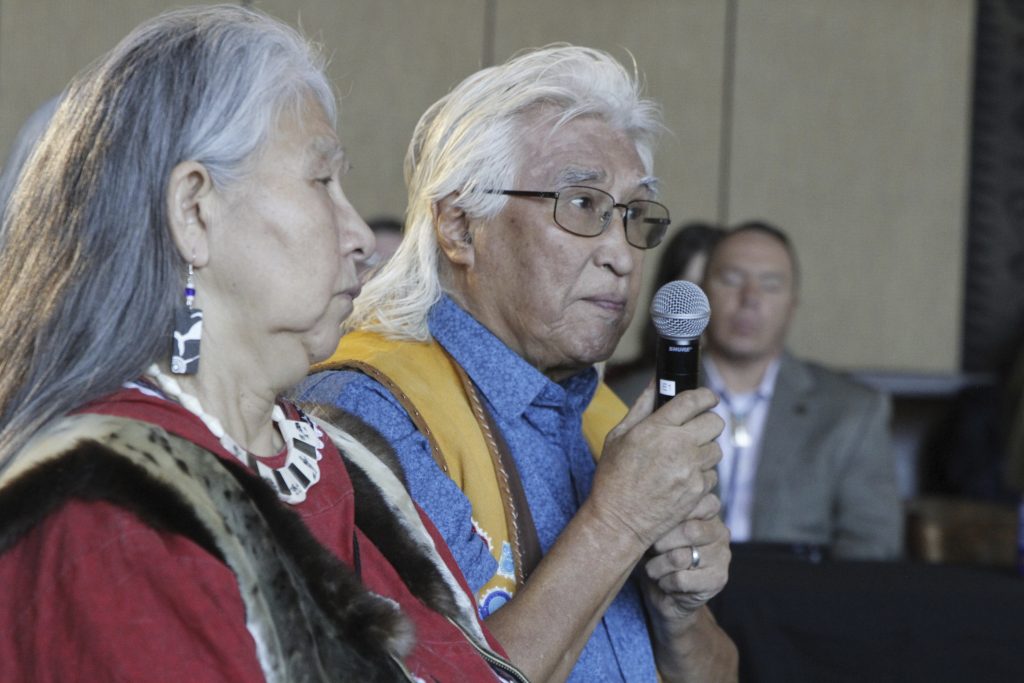
The Department also undertook an investigative report to document historical records related to the schools and identify the locations of these institutions.
As part of the broader efforts to confront the history of Federal Indian Boarding Schools, Secretary Haaland launched “The Road to Healing” tour, a year-long initiative to gather testimonies from former students and their families based on recommendations from the report.
Haaland, a member of the Pueblo of Laguna, shared that she and her family comprehended the legacy described by those who attended the schools.
The Alaska tour stop was in October and included a totem pole raising ceremony.
Yesterday, @SecDebHaaland, @BureauIndianEdu Director Tony Dearman and I joined with Alaska Natives from across the State to raise a totem pole dedicated to healing from the boarding school era. It was a powerful ceremony, and helps set the path for a new era of healing. pic.twitter.com/2so65tvtPN
— Bryan Newland (@AsstSecNewland) October 23, 2023
The tour also previously visited Hawaii to hear about the impact of boarding school and federal assimilation policies there, included bans on the use of ʻŌlelo Hawai’i, the Hawaiian language.
The last stop on the tour Sunday was at Montana State University.
Write to Eilís Quinn at eilis.quinn@cbc.ca
Related stories from around the North:
Canada: Pope Francis finishes Canadian visit in Nunavut, CBC News
Finland: Truth and Reconciliation Commission should continue says Sami Parliament in Finland, Eye on the Arctic
Greenland: Greenland, Denmark initiate investigation into past relations, Eye on the Arctic
Norway: Can cross-border cooperation help decolonize Sami-language education, Eye on the Arctic
Sweden: Sami in Sweden start work on structure of Truth and Reconciliation Commission, Eye on the Arctic
United States: U.S. launches effort to document history of Indigenous residential schools, The Associated Press

